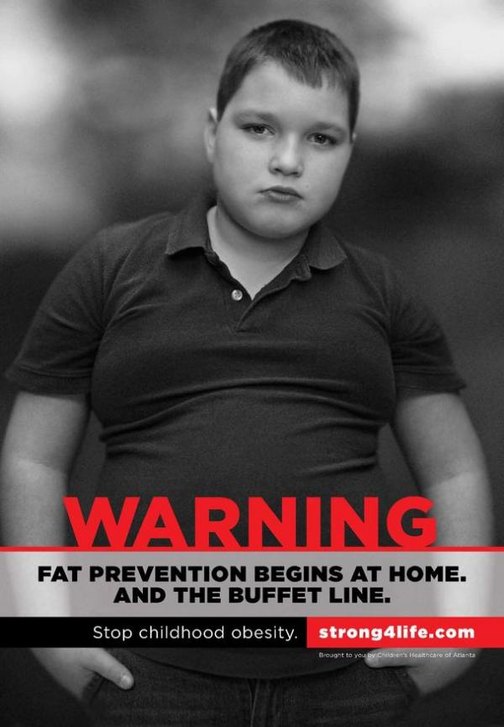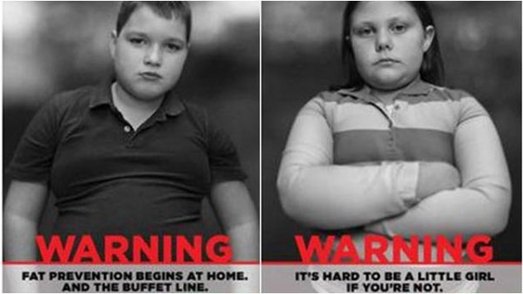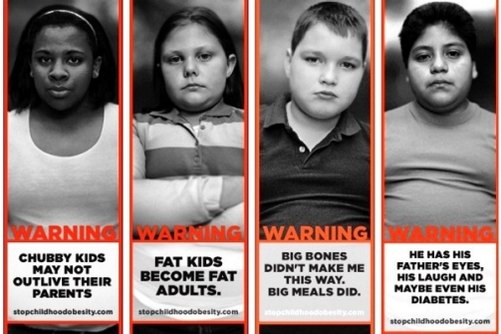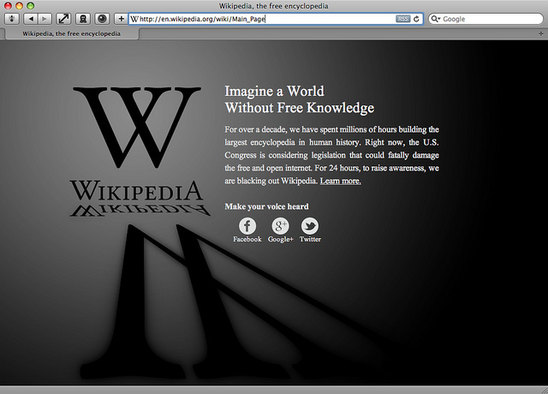
Crown Law has provided figures under the Official Information Act on the money and time spent in relation to legal work completed in respect of Kim Dotcom and his associates which amounts to more than $5.8 million.
Crown Law writes that the United States Department of Justice is not reimbursing New Zealand for any of these expenses, even though the cases largely relate to charges that they wish to bring against Mr Dotcom and his associates.
Crown Law hours spent
The figures:
- are as at 8 February 2017;
- include work on both domestic and mutual assistance (United States initiated extradition) legal proceedings;
- exclude work completed to provide advice to other Government Departments, for example the Police or the GCSB who respectively picked up the bill for Crown Law’s advice to them; and
- include most Crown Law legal staff time and some support staff time.
2011: 432.10
2012: 7,356.67
2013: 4,087.50
2014: 5,742.27
2015: 4,911.80
2016: 3,207.26
2017: 4.77
Total: 25,742.37
25,000 hours.
Using a conservative estimate of the value of the time spent ($140 per hour,1 which is the rate a Crown Law junior prosecutor would be billed out as – senior solicitors’ time is likely worth more, support staffs’ likely less), this comes to around NZD $3.6 million.
Disbursements
New Zealand has also covered the bill for work completed by external counsel on Crown Law’s behalf and expenses paid by Crown Law in relation to the Dotcom/Megaupload matters – another NZD $2.2 million.
This includes: $1.98 million on external barrister/solicitor fees, $171,800 on travel and accommodation, $23,151 on Court filing fees, $20,125 on photocopying, and $17,356 on professional fees including research material.
An excessive burden?
At least NZD $5.8 million has been spent on Kim Dotcom et al. by New Zealand so far, and it begs the question: was it worth it?
Should we have refused the United States’ mutual assistance request when it was made? Section 27(g)(i) of the Mutual Assistance in Criminal Matters Act 1992 allows New Zealand to refuse a request made by a foreign country if “in the opinion of the Attorney-General, the provision of assistance would impose an excessive burden on the resources of New Zealand”.
Kim Dotcom had hundreds of millions of dollars worth of assets before the raid on his home and it’s not a shock that he has aggressively defended the cases brought against him.
If spending $5.8 million+ has not been an excessive burden on New Zealand, what amount would be?
1 This is a lower rate to that used by David Fisher in his September 2015 article of $198/hour.
Image credit: Sarah-Rose
The full response from Crown Law, including the breakdown of expenses incurred is embedded below.






